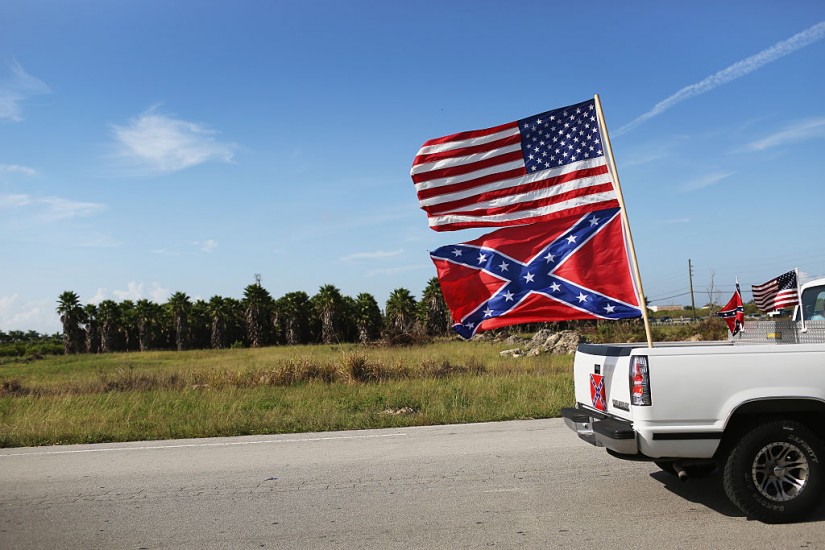Just months after the 2008 election of the first black president, Lisa Duggan predicted in The Nation that the dramatic economic downturn taking place at the time would give rise to “new forms of authoritarian oligarchy, transformed modes of participatory democracy,” and “resurgent xenophobic nationalisms.” Sound familiar?
The election and subsequent actions of President Donald Trump have caused many observers to more recently question whether or not democracy in the United States is in peril. But while Trump is indeed a threat to democracy, it is important for those of us concerned about the more existential challenges—e.g., new voter suppression laws, unlimited money in politics, unprecedented economic inequality, resurgent white supremacy as well as low-grade anti-blackness, its more common and invidious cousin—to recognize that these are not new problems. They did not arrive on the scene with Trump. In other words, even if Hillary Clinton were in office, my best guess is that the tiki torch-bearers would have still gathered in Charlottesville to protest the removal of a statue of Confederate General Robert E. Lee.
After all, Duggan’s prediction was not formed in a vacuum, but rather used history as a signpost. Ever since the nineteenth century, the same historical pattern—anti-racist resistance followed by populist revolt—has repeated itself about every two generations. From southern white redemption in the wake of the political assent of African Americans during Reconstruction to northern racial violence in the wake of the Great Migration, to massive resistance and anti-busing activism in the wake of the desegregation of public education, there is no history of white populism in the United States that is not tied to racially discriminatory labor, housing, and education policies.
The only way to break this cycle and redefine what all Americans owe each other is a broad-based commitment to reconciling the deeply intertwined nature of racism and populism. This can and should be done through a robust and energetic black public sphere, which on its own has a long and accomplished history. We often retreat behind a false dichotomy between our country’s long-standing race problem and our economic inequality problem. But global capitalism itself was first rooted in conquest and then nourished by the placenta of the transatlantic slave trade. Coerced black and brown labor and stolen indigenous land have all subsidized, to varying degrees, the economic hopes and dreams of white America. Today’s increasing class proximity and economic insecurity of the bottom 80 percent of white, black and brown Americans reveals the attempt to regain control, yet again, by whites. “Make America Great Again,” indeed.
